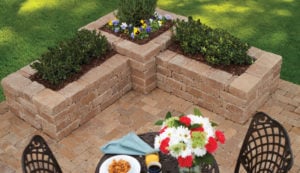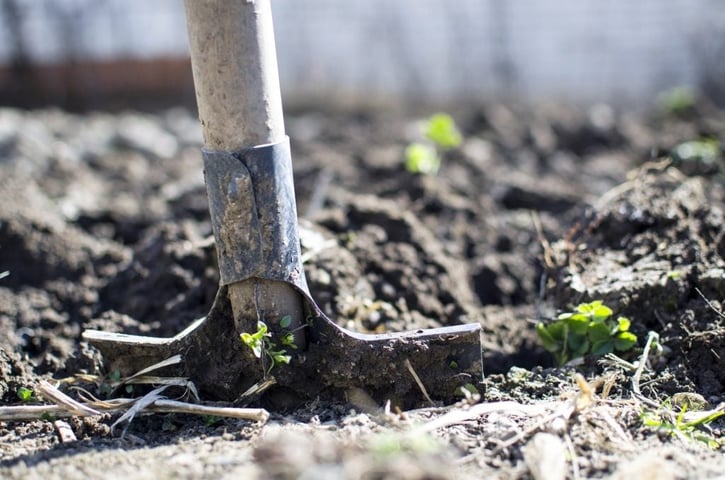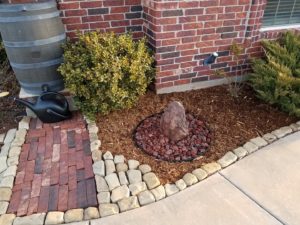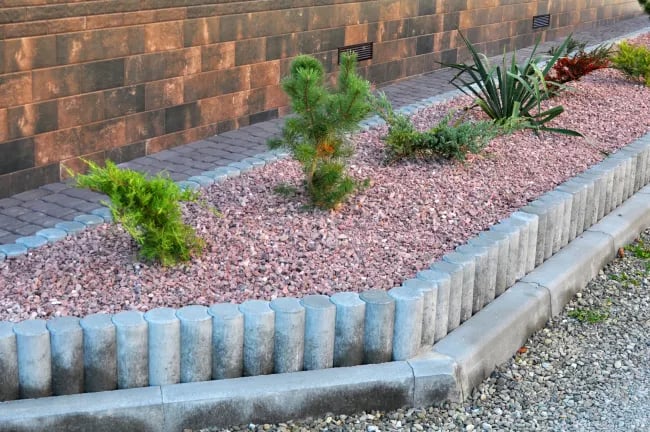Understanding the nuances of soil calculation is essential whether you're a seasoned builder, a green-fingered gardener, or a homeowner planning a landscaping or building project. Accurate soil assessment is fundamental to the success of any project, impacting everything from structural integrity to aesthetic appeal. It involves more than just crunching numbers. This article seeks to explain the significance of accurate soil calculation and walk you through the procedure to make sure your projects are grounded in reality.
Understanding Soil and Its Importance in Construction
Soil is frequently just referred to as "dirt," but it is much more than that, particularly in the context of building and landscaping. Construction projects are built on a solid foundation of soil because it offers both stability and support. It is essential for landscaping because it provides a nutrient-rich foundation for plant life.
Understanding that not all soils are created equally is also crucial. There are various kinds with various characteristics, including clay, sand, silt, and loamy soil, to name a few. For instance, clay soil, which is renowned for being compact and stable, is perfect for some construction purposes. On the other hand, loamy soil is frequently chosen for gardening and landscaping tasks due to its well-balanced composition.
Factors That Influence Soil Quantity
Calculating the amount of soil needed for a project isn't a straightforward task. Several variables come into play. One obvious factor is the project's size and scale. Larger projects, like constructing a commercial building or landscaping a park, would naturally demand more soil than a home garden or a patio.
But it's not just the project's size that matters. The type and characteristics of the soil are also significant. For instance, the same volume of sandy soil and clay soil would weigh differently, thanks to their distinct densities. Moreover, factors like potential soil erosion, which might require additional topsoil, and soil compaction, which could decrease the soil's volume over time, are important to consider when estimating soil needs.
Minick Materials: Your Trusted Bulk Soil Supplier
Let's take a moment to introduce Minick Materials. With a legacy spanning over six decades, Minick Materials has established itself as a trusted name in the landscape and construction supply industry. Known for our commitment to quality and variety, we offer a wide array of soil types to meet the diverse needs of various projects.
The Basics of Soil Measurement
In the realm of soil measurement, understanding the standard units is fundamental. Cubic yards are commonly used units, especially when dealing with large quantities for major projects. However, it's equally crucial to know how to convert between different units, such as cubic feet to cubic yards, to ensure accurate measurements and calculations. Having a strong grasp of these units will enable you to accurately estimate the amount of soil you need and communicate your requirements effectively.
The Process of Soil Calculation
Soil measurement and calculation involve more than a simple length x width x depth formula. It also requires the right tools, careful planning, and an understanding of certain safety precautions. For instance, when measuring the area for a project, ensure the area is clear of any obstructions and hazardous materials. Similarly, when measuring depth, consider factors such as soil compaction and erosion, which might require you to adjust your measurements accordingly.
Using a Bulk Soil Calculator: An Efficient Tool for Your Projects
In our digital age, we have the luxury of tools like a bulk soil calculator to simplify the process. This convenient tool helps you accurately estimate the volume of soil required for your project, minimizing the chances of under or overestimation. All you need is to input your project's dimensions, and voila, you'll get an accurate estimate of the soil volume you need.
Step-by-Step Guide to Using Minick Materials' Bulk Soil Calculator
Getting started with Minick Materials' Bulk Soil Calculator is easy. Begin by inputting the length, width, and depth of your project area. Next, select the appropriate soil type, considering the characteristics of different soil types mentioned earlier. Once these details are inputted, the calculator will provide you with an estimated volume of soil. Understanding this estimate and knowing how to adjust it based on factors like soil compaction and erosion is crucial to ensure you get the right amount of soil for your project.
Common Mistakes When Calculating Soil Needs and How to Avoid Them
Despite best efforts, mistakes can happen when calculating soil requirements. Some of the most common errors include overestimating or underestimating the amount of soil needed, failing to account for soil compaction, or forgetting about potential soil erosion. Being mindful of these potential pitfalls and understanding how to avoid them will help ensure that your soil calculations are as accurate as possible.
Additional Tips to Accurately Determine Soil Needs
Beyond the basics of soil calculation, it's worth considering a few other elements. For instance, weather conditions can impact soil requirements - heavy rainfall can cause erosion, while drought can lead to soil compaction. Another crucial aspect to remember is the concept of soil reusability and waste management - good practices here not only are environmentally friendly but also cost-effective. Lastly, periodic reassessment of soil needs during a project is essential as changes can occur that may impact soil demand.
A Sound Foundation for Your Project
In summary, understanding the importance of accurate soil calculation and the nuances involved in the process is essential for any construction or landscaping project. This blog post, we hope, has equipped you with the knowledge needed to confidently navigate soil calculations. Remember, when it comes to high-quality soil and expert advice, Minick Materials is ready to support all your bulk soil needs.
Our commitment to quality extends beyond providing high-quality soil. We offer a range of soil products to cater to diverse project requirements, from topsoil for your gardening needs to fill dirt for construction. Our efficient delivery and logistics services ensure that the soil you need gets to your project site on time and in perfect condition. Happy building!








![All About Soil Compaction: Causes, Challenges & Solutions [A Guide]](https://4445234.fs1.hubspotusercontent-na1.net/hub/4445234/hubfs/Imported_Blog_Media/plants-2411458_1920-1024x683.jpg?width=725&name=plants-2411458_1920-1024x683.jpg)
